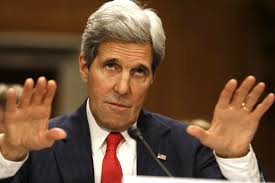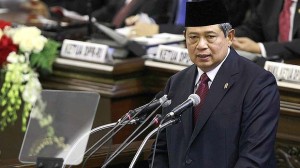 The European Court of Human Rights has ruled that the Central Intelligence Agency of the United States operated a secret jail in Poland, once again throwing America’s worldwide al Qaeda detention program into the spotlight. The ruling reached on Thursday has triggered fresh calls for US officials to come clean about its activities with regard to the detaining and interrogating of suspected al Qaeda agents.
The European Court of Human Rights has ruled that the Central Intelligence Agency of the United States operated a secret jail in Poland, once again throwing America’s worldwide al Qaeda detention program into the spotlight. The ruling reached on Thursday has triggered fresh calls for US officials to come clean about its activities with regard to the detaining and interrogating of suspected al Qaeda agents.
Official confirmed some time ago that a scheme by the name of “extraordinary rendition” incorporated an international detention policy, though has so far failed to reveal any information as to where its facilities for holding suspects were located in overseas territories. However, the US is facing greater pressure than ever before to remove the cloak from the project, which is likely to slip considerably when a U.S. Senate committee finally lifts the lid on a previously classified extraordinary rendition report.
Speaking on behalf of the Open Society Justice Initiative, Amrit Singh insisted that the ruling of the European Courts proves categorically that there was a US-run detention facility in operation within Polish territory.
“It’s an historic ruling,” she said in an interview with Reuters.
“It’s time for them to own up to the truth.”
Two men brought the case before the European Court of Human Rights, Abd al-Rahim al-Nashiri and Abu Zubaydah who are both of Saudi origin. They claimed that they had been taken by the CIA to a secret jail in Poland, where they were treated in a manner that could only be described as torturous. They spoke of a secret facility deep in the Polish forests and uniquely isolated from the outside world.
Both men are now in Guantanamo Bay, though decided to bring the case before the European Court of Human Rights to accuse Poland of failing to protection them, failing to prevent torture being carried out and failing to bring those responsible to justice. The ruling by the courts related to the way in which the European Convention on Human Rights outlaws torture and guarantees to right to both freedom and justice – all of which were apparently violated by Poland.
Zubaydah was awarded 130,000 Euros in damages and al-Nashiri will be paid 100,000 Euros by the Polish government.
The court’s ruling has thrown Poland into the spotlight for all the wrong reasons. The government had long denied any knowledge of a secret CIA prison in the country and could see its close ties with US security services frayed as a result of the case. Speaking on behalf of the Polish foreign ministry, Marcin Wojciechowski insisted that the ruling was being carefully analyzed by the government and no official response or comment will be released until the process is complete.
A number of other European nations are suspected to have housed secret CIA holding and interrogation facilities over recent years, including Lithuania and Romania. It’s now possible that the landmark ruling will be influential in similar cases brought before the European courts.


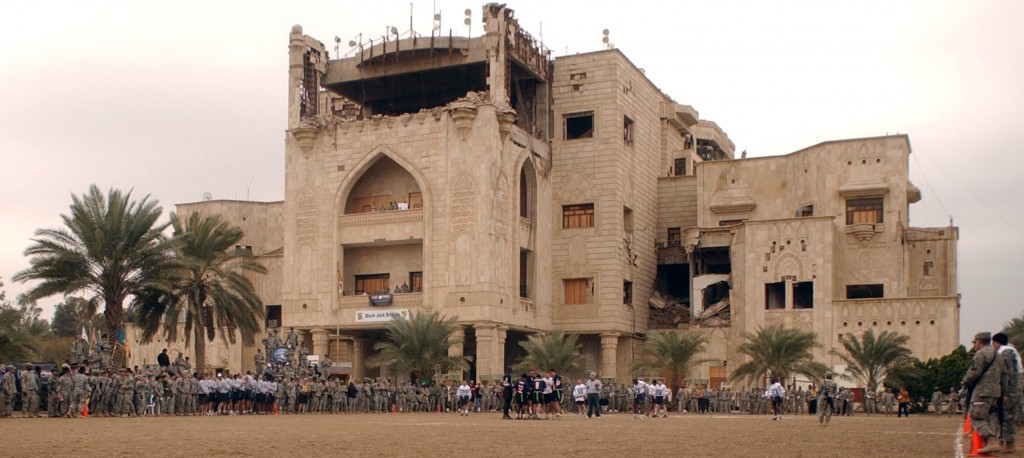 The Islamic State in Iraq and Syria, more formally known as ISIS, continued its assault on Iraq’s government and the Shi’ite population this week, inching ever closer to Baghdad. The extremist group of Jihadist Sunni fighters seek to establish a caliphate — a unified Islamic government led by an established caliph who would be a successor to Muhammad’s political authority — across most of Syria and Iraq. The borders between Iraq and Syria have already been captured and are under ISIS control along with large parts of the two countries.
The Islamic State in Iraq and Syria, more formally known as ISIS, continued its assault on Iraq’s government and the Shi’ite population this week, inching ever closer to Baghdad. The extremist group of Jihadist Sunni fighters seek to establish a caliphate — a unified Islamic government led by an established caliph who would be a successor to Muhammad’s political authority — across most of Syria and Iraq. The borders between Iraq and Syria have already been captured and are under ISIS control along with large parts of the two countries.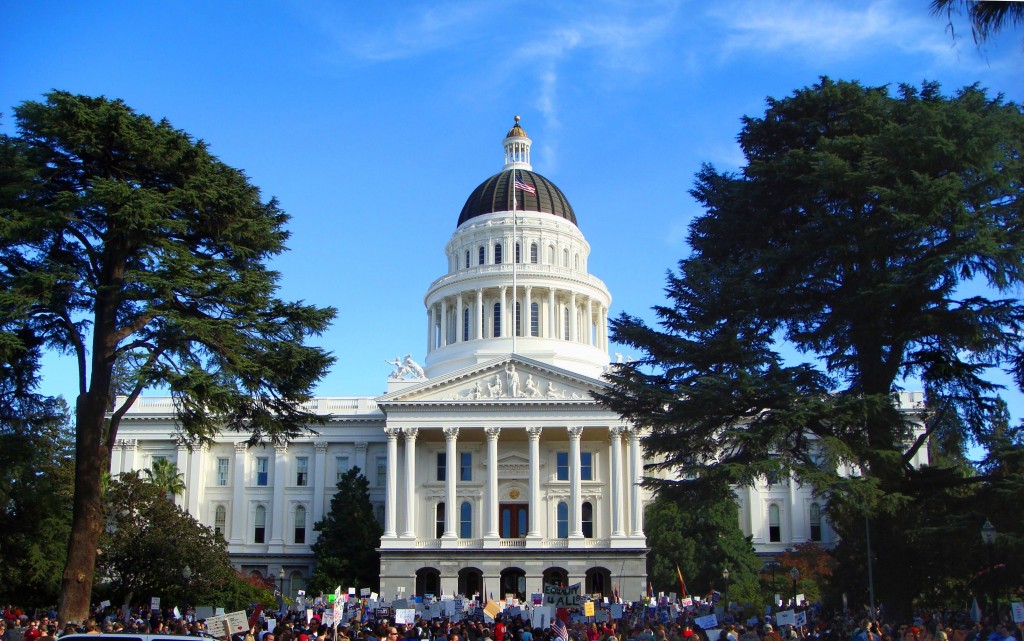 Rising public interest in issues concerning lobbying and the rights of corporations to finance political campaigns in the U.S. has recently been putting pressure on legislators of all political affiliation to take action. Democratic and Republican legislators alike in California yielded to public demand and approved resolution AJR1 on Monday, which asks congress to call for a constitutional convention that would draft an amendment imposing limits on corporate spending in politics.
Rising public interest in issues concerning lobbying and the rights of corporations to finance political campaigns in the U.S. has recently been putting pressure on legislators of all political affiliation to take action. Democratic and Republican legislators alike in California yielded to public demand and approved resolution AJR1 on Monday, which asks congress to call for a constitutional convention that would draft an amendment imposing limits on corporate spending in politics.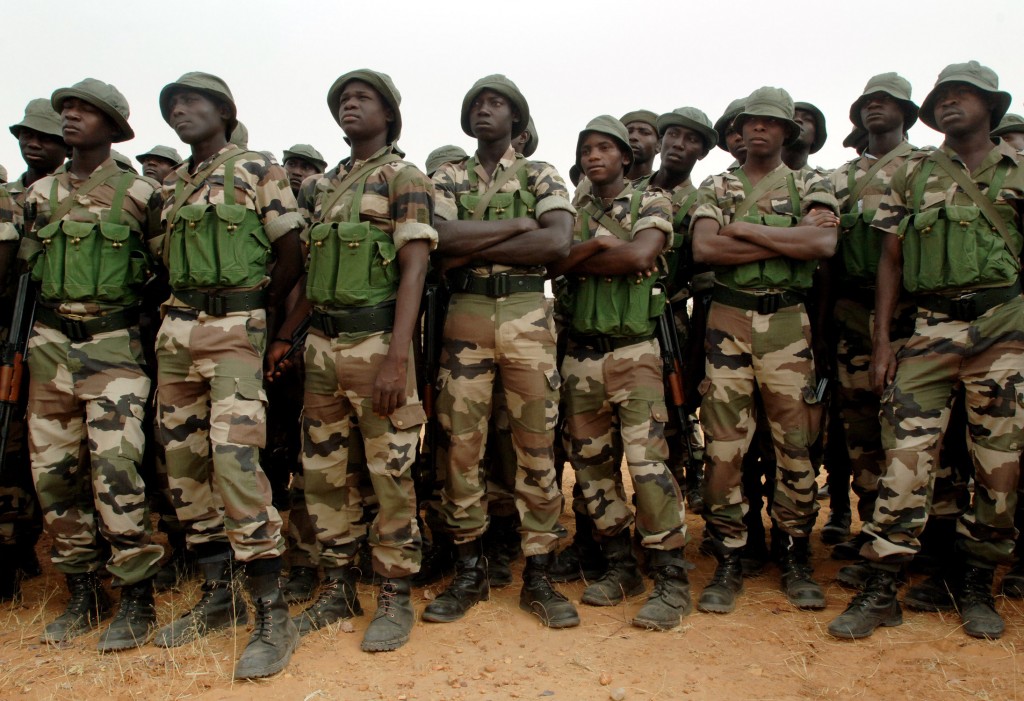 A bomb blast at a shopping plaza in Nigeria killed 21 people and injured 17 on Wednesday, June 14 2014. Witnesses and other local shop owners reported seeing rescue workers picking through the burned body parts of the most recent victims of the Islamic militant group Boko Haram. The blast was at the entrance of the marketplace, and was powerful enough to shatter windows across the street. According to National Emergency Management Agency spokesman Manzo Ezekiel, “The explosion struck at peak business time,” which was an hour before the country’s World Cup match against Argentina. One suspect was arrested and the other was fatally shot while trying to escape.
A bomb blast at a shopping plaza in Nigeria killed 21 people and injured 17 on Wednesday, June 14 2014. Witnesses and other local shop owners reported seeing rescue workers picking through the burned body parts of the most recent victims of the Islamic militant group Boko Haram. The blast was at the entrance of the marketplace, and was powerful enough to shatter windows across the street. According to National Emergency Management Agency spokesman Manzo Ezekiel, “The explosion struck at peak business time,” which was an hour before the country’s World Cup match against Argentina. One suspect was arrested and the other was fatally shot while trying to escape.